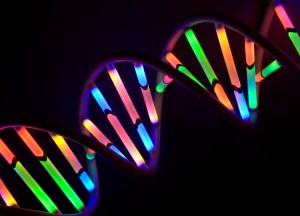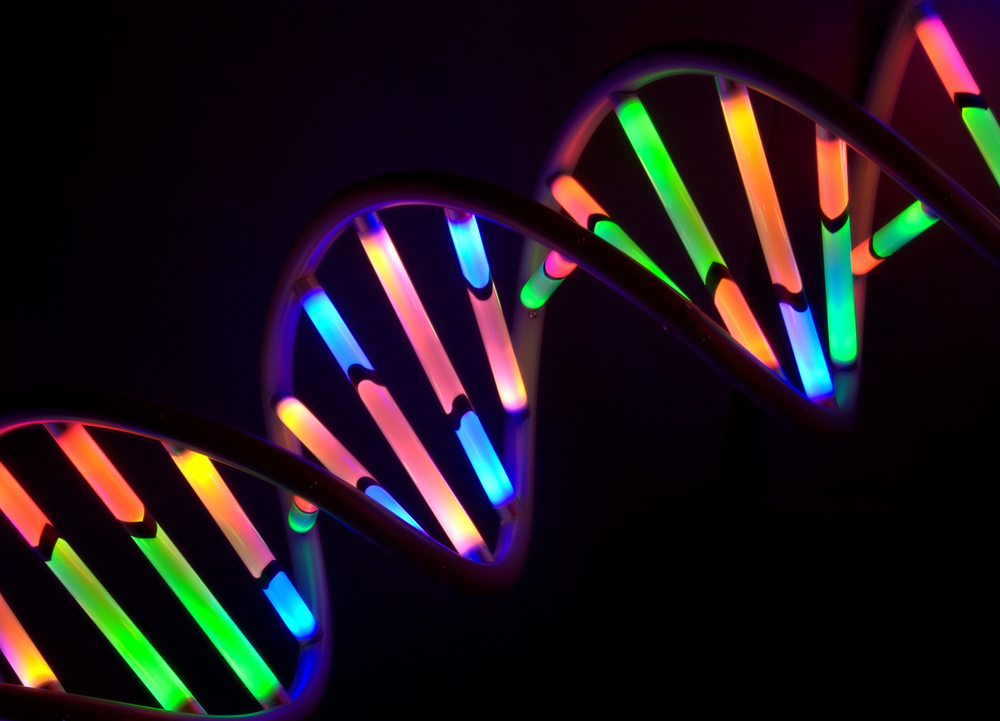 In a recent study titled “Novel KRAS Gene Mutations in Sporadic Colorectal Cancer” published in the PlosOne journal, an international team of researchers has reported seven new KRAS gene mutations obtained during the study of 56 sporadic colorectal cancer patients from Saudi Arabia.
In a recent study titled “Novel KRAS Gene Mutations in Sporadic Colorectal Cancer” published in the PlosOne journal, an international team of researchers has reported seven new KRAS gene mutations obtained during the study of 56 sporadic colorectal cancer patients from Saudi Arabia.
KRAS mutations are extremely common in several types of cancer, making this gene one of the most frequently mutated in all human cancers. In colorectal cancers, together with p53 mutations, KRAS mutations are the ones most commonly found.
Even though there have been several studies reporting the presence of KRAS mutations in colorectal cancer, the biggest one was the “RASCAL” study, where 2,721 colorectal cancer cases were analyzed revealing a significant incidence of 37.7% of KRAS mutations.
The prevalence of colorectal cancer differs between developing and developed countries. In developing countries, as is the case with those in the Middle East, this type of cancer still has a low incidence, young age of onset and lack of precursor adenomas. It is thought that environmental factors, such as lifestyle and dietary habits can have a big impact in these discrepancies. Furthermore, previous studies have suggested geographic variation in methylation is also present in colorectal carcinoma, probably a consequence of different environmental exposures.
The research team extracted genomic DNA from colorectal cancer and noncancerous tissues, proceeding to gene amplification using polymerase chain reaction (PCR) and subsequent genetic sequencing.
Using bioinformatics tools, the team detected KRAS gene mutations in 42.85% of all cancer tissues, of which 19.64% had exon 4 mutations. These contained 8 different mutations all of which (apart from two) were able to change the KRAS protein amino acid sequence. Importantly, the authors found these mutations were somatic, with one mutation expected to be benign, while the others are thought to cause severe modifications in protein structure,
“Our discovery of novel Exon 4 KRAS mutations that are, so far, unique to Saudi colorectal cancer patients from the Eastern Province may be attributed to environmental factors and/or racial/ethnic variations due to genetic differences” the authors state in their study. “(…) More advanced KRAS testing on a large number of patients of various ethnicities, particularly beyond the most common hotspot alleles in exons 2 and 3 is needed to assess the prevalence and explore the exact prognostic and predictive significance of the discovered novel mutations as well as their possible role in colorectal carcinogenesis”, they conclude.


